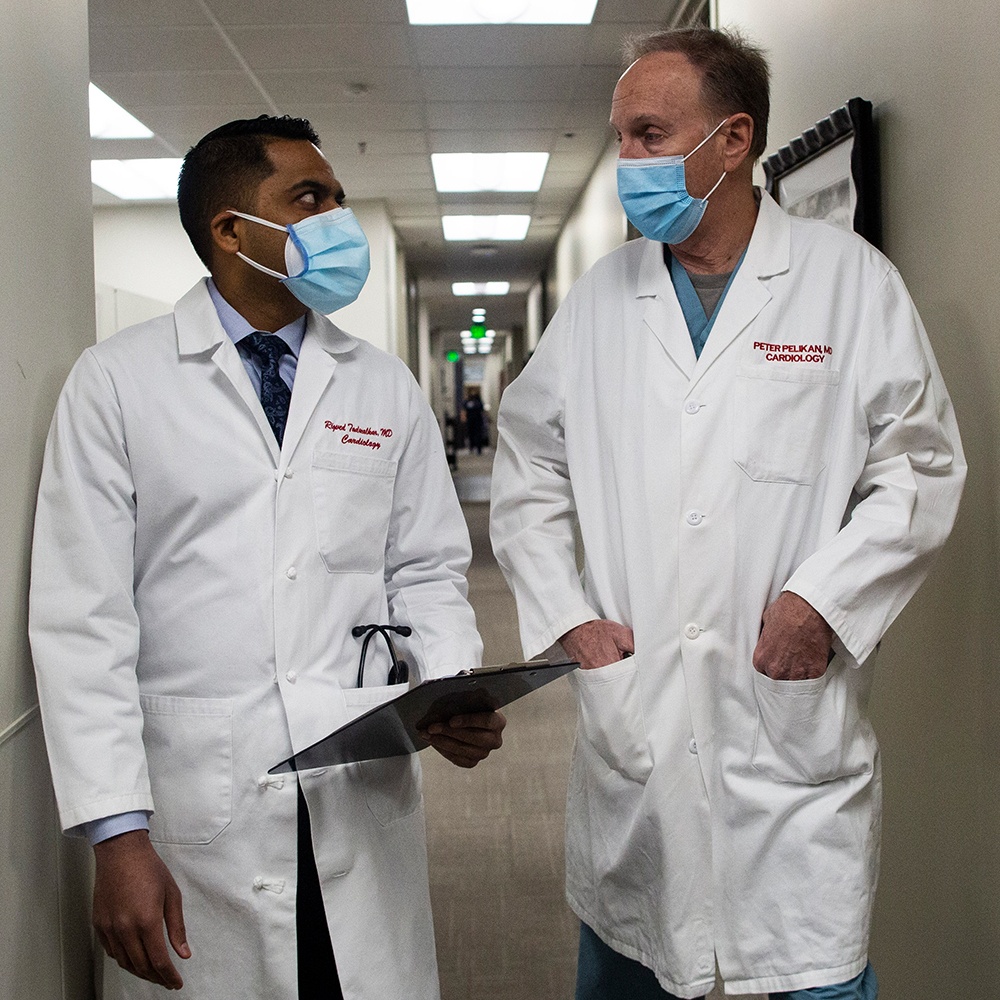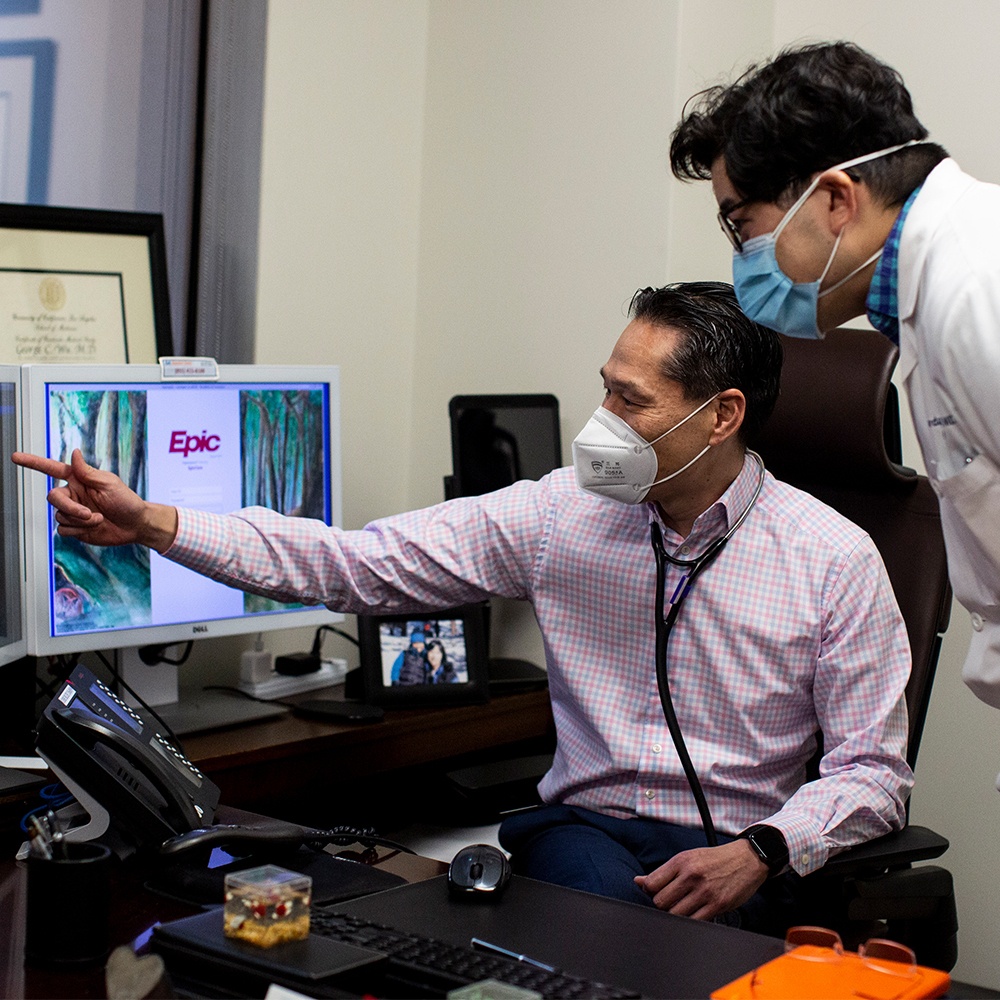Hyperlipidemia

Overview
What is Hyperlipidemia?
Hyperlipidemia is better known as high cholesterol. Cholesterol is a waxy substance (fat) that your body produces and is also in the foods you eat. Saturated and trans-fats from food can increase your blood cholesterol. These include fried and processed foods, red meat, pastries, cheese, ice cream and egg yolk. High cholesterol builds fatty deposits in your blood vessels, which can eventually grow to make it difficult for your blood to flow through your arteries. Cholesterol helps build healthy cells, but high levels can increase your risk of heart disease.
There are generally two types of cholesterol, LDL and HDL, better known as “bad” cholesterol and “good” cholesterol:
- LDL (“bad”) cholesterol builds up in your arteries, making them hard and narrow, thus restricting blood flow.
- HDL (“good”) cholesterol cleans up excess “bad” cholesterol and redirects it from your arteries back to the liver.
Hyperlipidemia is a common problem that is often a life-long condition, but is treatable with lifestyle changes and medication. As you get older, your cholesterol level can quietly creep up. Hyperlipidemia can also run in families. If you have risk factors for hyperlipidemia, seeing your Saint John’s Physician Partners doctor to be diagnosed and treated for this condition is an important part of your overall health and wellness.
Symptoms
Hyperlipidemia Symptoms
Hyperlipidemia is often called the “silent disease” since your can’t tell if you have it at first, and you can’t feel its effects until much later.
Risks
Hyperlipidemia Risks and Complications
An unhealthy lifestyle can raise your “bad” cholesterol and decrease your “good” cholesterol, putting you at risk for health problems. You are at risk if you’re overweight, eat lots of fatty foods, smoke and are not getting enough exercise. As cholesterol builds up, this may narrow and constrict the arteries of the body. This increases your risk for high blood pressure, heart attack, stroke, and kidney disease, among other conditions.

Diagnosis
Hyperlipidemia Diagnosis
Your doctor should check your lipid levels through specialized blood tests. A basic lipid panel will reveal the level of your LDL (“bad”) cholesterol and HDL (“good”) cholesterol as well as triglycerides, another type of fat in your blood. If your test results are abnormal, your doctor will recommend a treatment plan based on your age, family history and overall health.

Treatments
Hyperlipidemia Treatments
The goal of hyperlipidemia treatment is to lower harmful cholesterol levels, thus reducing your risk of heart disease, heart attack, stroke and other problems. Treatments include lifestyle changes and medications.
Working with your doctor, these lifestyle changes can help you better manage your hyperlipidemia:
- Eat foods low in trans and saturated fats.
- Eat more fruits and vegetables.
- Eat more fiber-rich foods.
- Eat more omega-3s, which can found in certain fish.
- Drink skim or low fat milk.
- Avoid sugary drinks or added sugars.
- Limit alcohol.
- Quit smoking.
- Regular physical activity.
- Manage stress.
- Take your medication properly.
- Follow your doctor’s recommendations.
If lifestyle and dietary changes are not enough to bring your cholesterol levels into a healthy range, your doctor may prescribe cholesterol lowering medications such as:
- Statins that prevent your liver from making cholesterol.
- PCSK9 inhibitors that increase LDL receptors, thereby resulting in less cholesterol in the blood
- Specific formulations of omega-3 fatty acids
- Fibrates that lower triglycerides and increase HDL
- Other drug therapies
Your doctor will review your medication options as part of your treatment plan and discuss benefits and possible risks and complications so you can make an informed decision.
Specialists

















